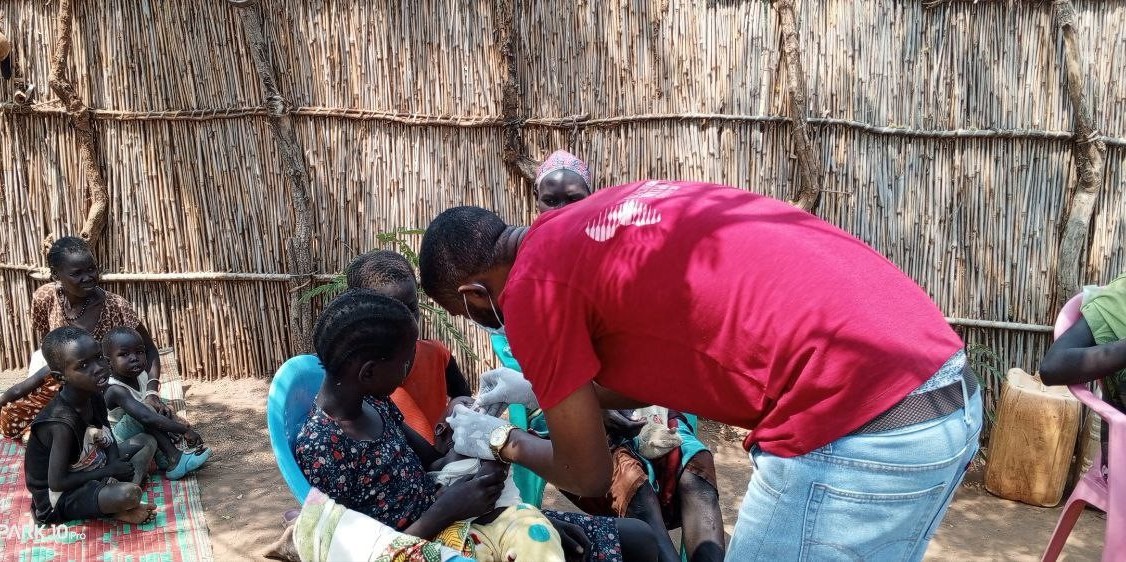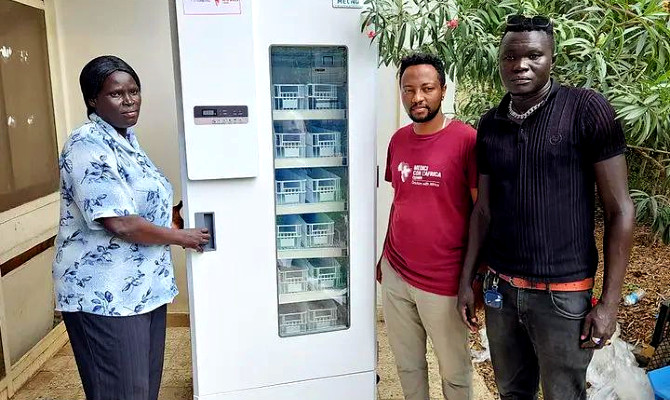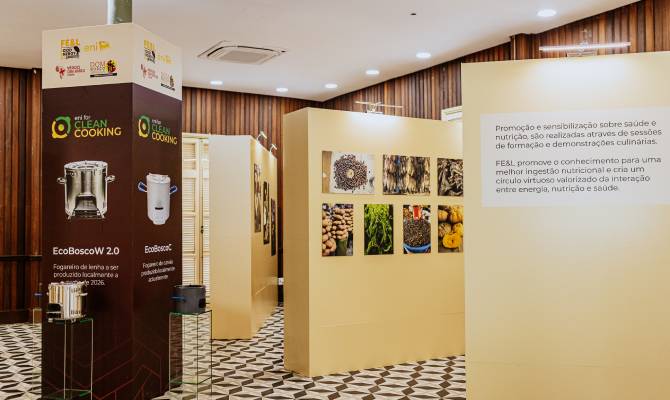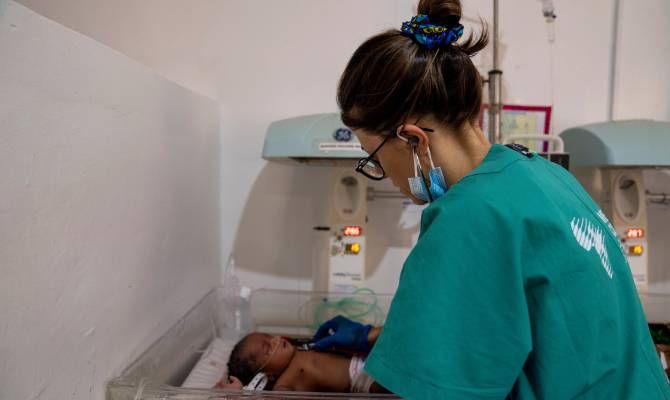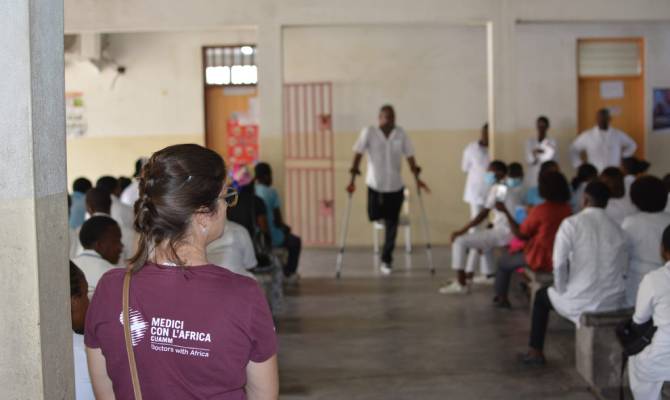According to World Health Organisation, African countries, including Ethiopia, continue to experience severe shortages of blood and blood products, resulting in many preventable deaths each year, particularly of women and children. Blood donation and thus blood collection in these countries remains very low: currently only 6 units of blood per 1,000 people are collected, far below the 33 units of blood per 1,000 people collected in more developed countries.
To ensure the availability of safe blood in Ethiopia, particularly in the Gambella region, Doctors with Africa Cuamm has distributed medical and non-medical supplies, financed by the Italian Agency for Development Cooperation within the project “RECEIVE- Refugees Empowerment through Care, Education and Income Vital Economy”, implemented together with the non-governmental organizations VIS and CEFA. 7 blood collection chairs, a 630 ml refrigerator for storing the blood bags, and consumables used for blood screening, for a total value of 1.7 million birr (about 28,300 euro).
“Blood donation – recalls Daniel Frehun, Area Co-ordinator for the CUAMM – is a precious and fundamental act that can help save the lives of many people who have been injured, have infections and undergo surgery. Especially in a region with a large influx of refugees, a high prevalence of malaria and frequent conflicts, we know how precious every single drop of blood can be. Nowadays, children and pregnant women with severe anaemia and obstetric complications are transferred to another region due to the lack of safe blood in the Gambella region; being a regular donor will help to ensure adequate blood supplies in a sustainable manner, thus addressing the major challenges related to this issue”.
During the handover ceremony, the representative of the Gambella Regional Health Office, the representative of the Director of Maternal and Child Health Services, and the Director of the Gambella Blood Bank expressed gratitude for the support. The day ended with a voluntary blood donation by those present, further demonstrating the recognition of the importance and value of this practice.
Throughout the overall project, 29 blood collection campaigns were organized by the project team. These campaigns served as crucial platforms for sensitizing the community, resulting in the awareness-rising of 808 individuals. Moreover, this commitment led to a significant contribution to the region’s blood supply, with 348 units of blood collected.
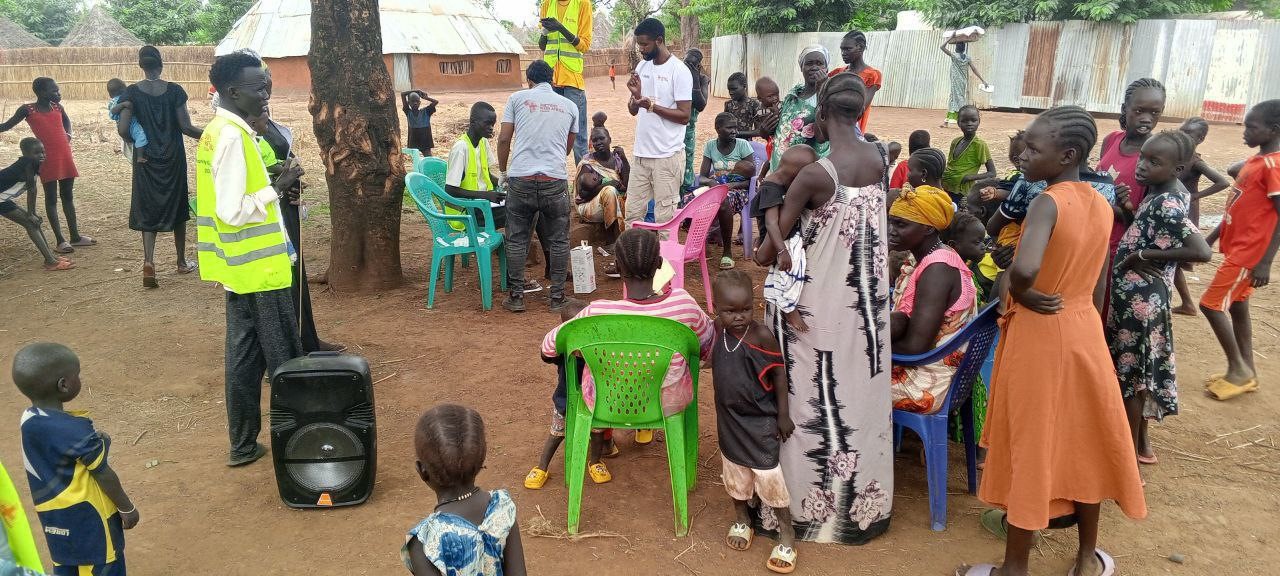
Ensuring safe blood and supporting the Gambella Regional Blood Bank (GRBB) is just one of the significant activities that have been carried out within the RECEIVE project. Despite the instability in the area and the insecurity situation, daily services have been guaranteed in the two Health Posts of Tierkidi and Kulle Refugee Camps thanks to dedicated teams, comprising of health officers, nurses, midwifes, pharmacists, translators, triage and registrar officers, guards, cleaners, and through the regular provision of drugs and consumables. Overall, the Tierkidi and the Kulle health post teams provided 36,507 OPD consultations, with 18,472 for female. Notably, 11,524 of the total visits were for children under the age of five.
At the same time, the community activities have been promoted through an additional outreach team consisting of two midwives, essential to strengthen the linkages between community and health services.
The network of the Community Outreach Agents (COAs), under the supervision of the health coordinator, has been fundamental to implement awareness-raising activities, reaching 3,477 people (2,944 women) in Tierkidi and Kulle camps. The main goal is to promote key messages on vaccine-preventable diseases, the importance of institutional delivery and exclusive breastfeeding, reproductive health, prevention and control of communicable diseases, hygiene promotion, and maternal, child health, and nutrition good practices. Tea talk sessions have been then utilized as valuable channels for community feedback collection.
